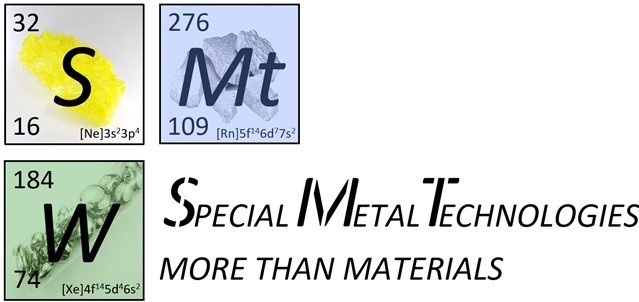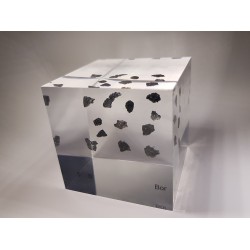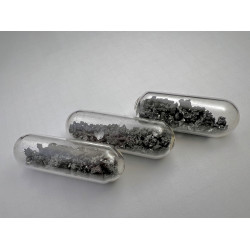- Shop
- Acrylic cubes
-
Elements
- Hydrogen
- Helium
- Lithium
- Beryllium
- Boron
- Carbon
- Nitrogen
- Oxygen
- Fluorine
- Neon
- Sodium
- Magnesium
- Aluminium
- Silicon
- Phosphorus
- Sulfur
- Chlorine
- Argon
- Potassium
- Calcium
- Scandium
- Titanium
- Vanadium
- Chromium
- Manganese
- Iron
- Cobalt
- Nickel
- Copper
- Zinc
- Gallium
- Germanium
- Arsenic
- Selenium
- Bromine
- Krypton
- Rubidium
- Strontium
- Yttrium
- Zirconium
- Niobium
- Molybdenum
- Technetium
- Ruthenium
- Rhodium
- Palladium
- Silver
- Cadmium
- Indium
- Tin
- Antimony
- Tellurium
- Iodine
- Xenon
- Cesium
- Barium
- Lanthanum
- Cerium
- Praseodymium
- Neodymium
- Promethium
- Samarium
- Europium
- Gadolinium
- Terbium
- Dysprosium
- Holmium
- Erbium
- Thulium
- Ytterbium
- Lutetium
- Hafnium
- Tantalum
- Tungsten
- Rhenium
- Osmium
- Iridium
- Platinum
- Gold
- Mercury
- Thallium
- Lead
- Bismuth
- Polonium
- Astatine
- Radon
- Francium
- Radium
- Actinium
- Thorium
- Protactinium
- Uranium
- Neptunium
- Plutonium
- Americium
- Curium
- Berkelium
- Californium
- Einsteinium
- Fermium
- Mendelewium
- Nobelium
- Lawrencium
- Rutherfordium
- Dubnium
- Seaborgium
- Bohrium
- Hassium
- Meitnerium
- Darmstadtium
- Roentgenium
- Copernicium
- Nihonium
- Flerovium
- Moscovium
- Livermorium
- Tennessine
- Oganesson
- Buch
- References
- Periodic Tables
- Metalle Wimmer
- Metametals
Boron
Boron, with the chemical symbol B, is a versatile halide known for its unique chemical properties. It was first discovered in 1808 by the British chemist Sir Humphry Davy and the French chemist Joseph Louis Gay-Lussac. However, the isolation of pure boron was only achieved in 1909 by the American chemist Ezekiel Weintraub.
Boron is found in various minerals on Earth, including borax and kernite, constituting about 0.001% of the Earth's crust. It is primarily mined in countries such as the USA, Turkey, and Argentina. Boron's ability to absorb neutrons makes it valuable in nuclear applications and as a component in boron-hydrogen compounds.
Boron has broad industrial applications, especially in the production of fiberglass, ceramics, and fertilizers. It also plays a crucial role in the electronics industry as a dopant for semiconductor materials. Future applications could emerge in the development of advanced materials for space applications and in nuclear fusion technology, where boron is considered as a fuel for certain reactor types. The unique properties of boron make it a promising element for innovative applications in various scientific and industrial fields.
There are 2 products.
Active filters


